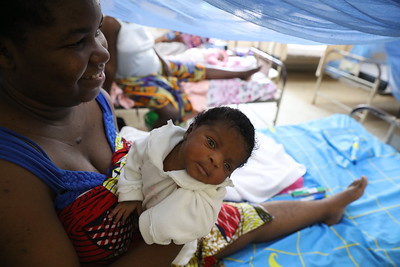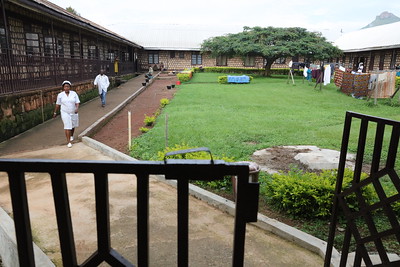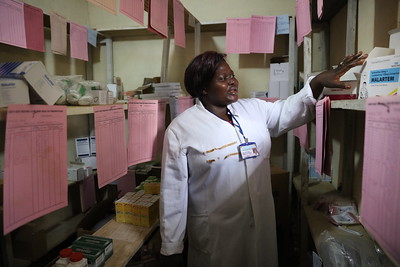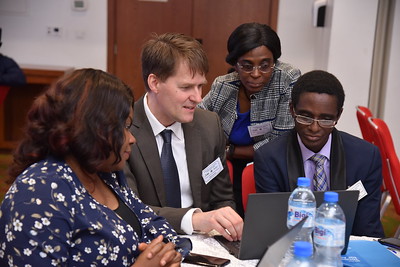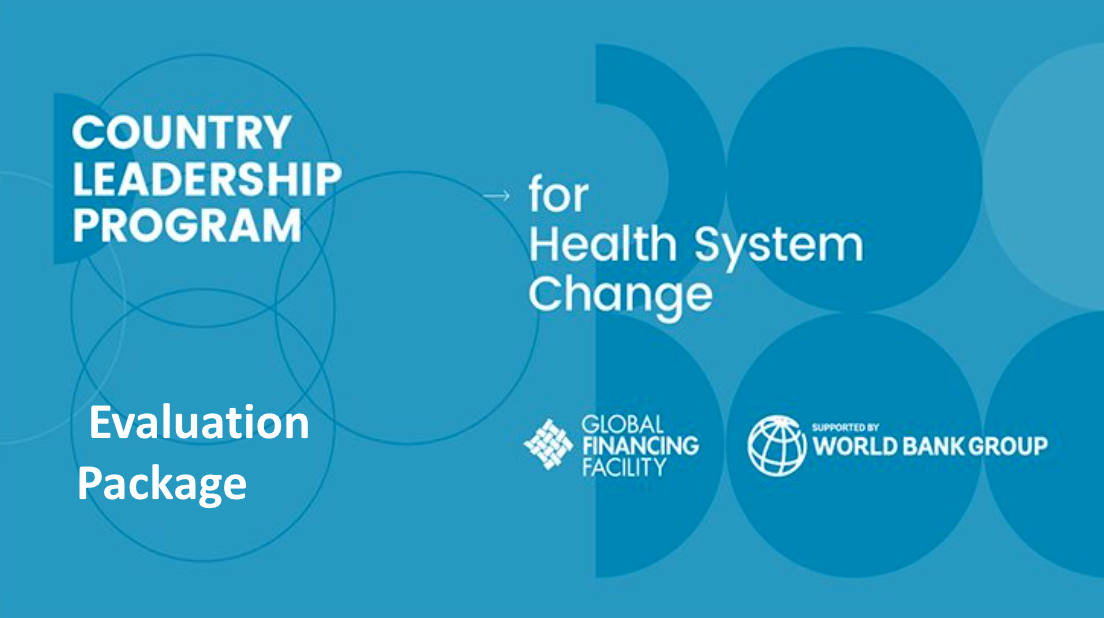
Country Leadership Program Evaluation Package
This package offers the main findings from a comprehensive evaluation of the Country Leadership Program (CLP), presenting outputs and outcomes across various editions, including both completed and ongoing iterations. Additionally, the package includes related documents linked throughout the main report and in sections dedicated to each country’s CLP, enhancing understanding of implementation processes, assessing program impact and effectiveness, and informing future planning and implementation of similar initiatives for continuous improvement.




